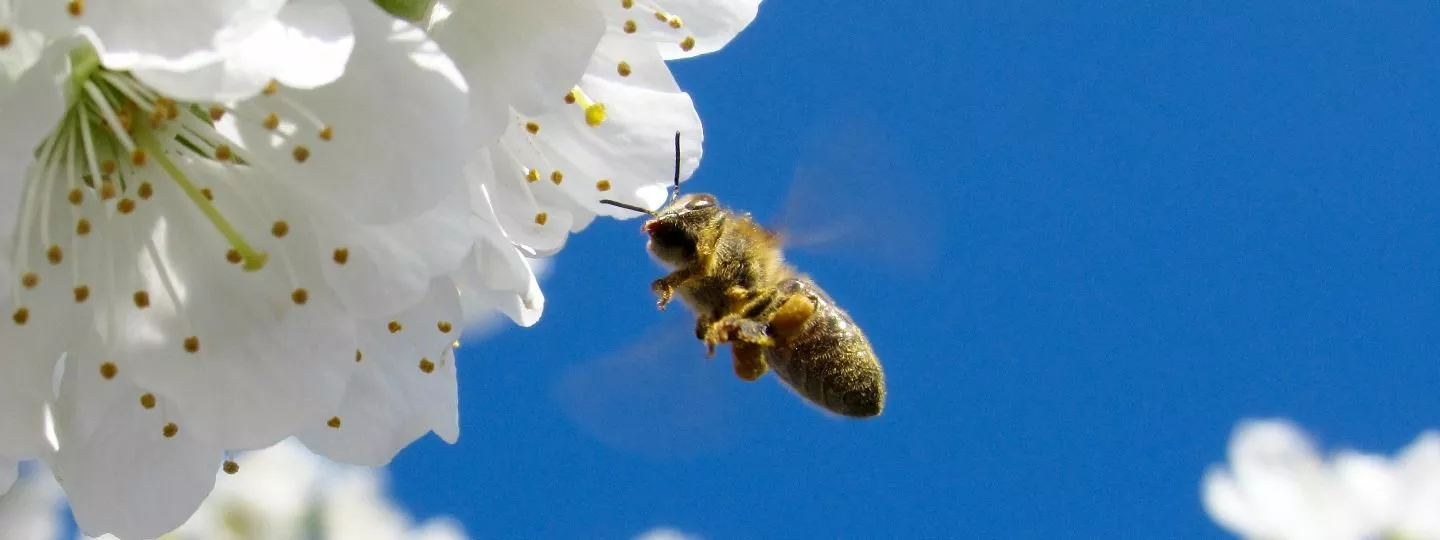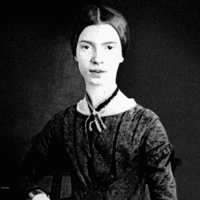
Life XIV. The Secret (89)
by Sophia Brookshire
Emily Dickinson's "68 (89)" could be considered one of her gospel poems as well as a mortality poem. It begins by stating the things that she doesn't wish to write about and then in the third stanza she states the one thing that she does want to write about. In 1845, there was a religious revival in Amherst, Massachusetts (Emily's home town), which came in the form of Puritanism. Emily, who was in school at the time, took part in movement along with the rest of her schoolmates. This poem was probably written in 1859 when Emily was about fifteen years old.
Emily isn't inspired to write about things that "fly" either figuratively or literally, such as birds, hours, or bumblebees. Birds and bumblebees aid in the propagation and pollination of flowers and plants, which Emily greatly enjoyed. She was an avid gardener, and is said to always send a bunch of flowers freshly picked from her garden with her correspondences. Emily commonly uses nature images in her poems. An elegy is a song, poem, or speech expressing grief for who is dead, and is usually melancholy in tone. The things that remain do not peak her interest either, such as grief, hills, or eternity. Grief probably refers to the many deaths of loved ones that Emily had to endure during her childhood. Hills is another image of nature. By saying that she doesn't want to write about eternity seems to contradict the final stanza. "Nor this beehoveth me" means that she doesn't want to write about these things either. Those that are "resting" (meaning dead) "rise" up into the skies (heaven). She poses a rhetorical question to herself, "can I expound the skies?" then she answers her question by saying that "how still the riddle lies!" She wants answers to the burning questions of mankind: what heaven is like, what is death like, is there really a god, etcetera. She realizes that the only way that she will ever truly know the answers to these questions is to die herself. The answer "riddle" (a puzzling question to be solved or answered by guessing) will remain up to each individual until the day they die.










